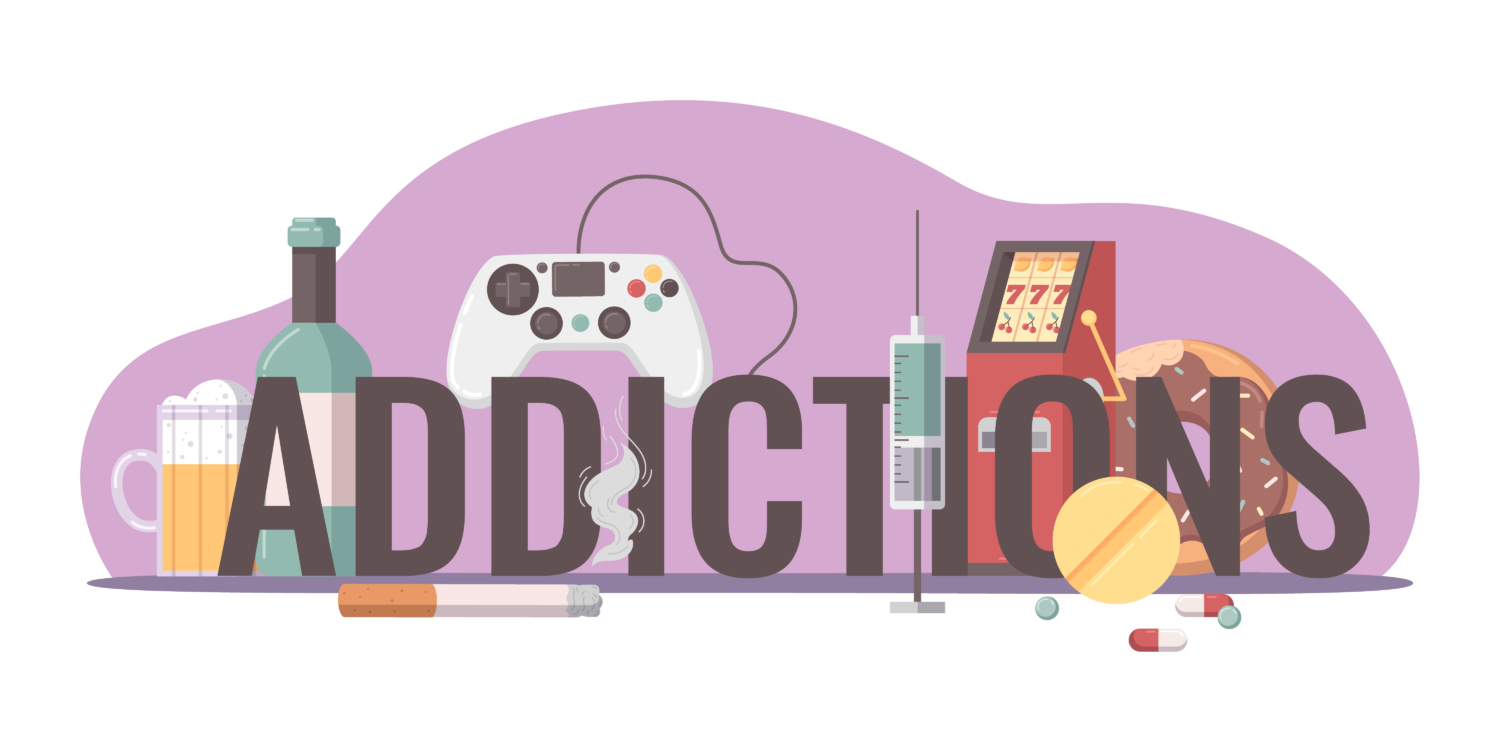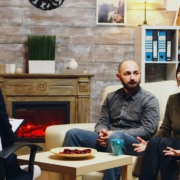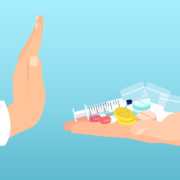Living in Dana Point, California, offers a picturesque coastal lifestyle with beautiful beaches, stunning sunsets, and a vibrant community. However, beneath the surface, many individuals and couples silently struggle with addiction and its devastating effects on relationships.
Addiction can take various forms, from substance abuse to behavioral addictions, and it can affect anyone regardless of age, gender, or socioeconomic status. Recognizing the signs of addiction in yourself or your partner is crucial for seeking timely help and preserving the health and happiness of your relationship.
In this article, we will explore the signs of addiction, the challenges it poses in relationships, and the resources available with Couples Rehab to support individuals and couples on their journey to recovery. If you or your partner are grappling with addiction, know that you are not alone, and help is within reach.
Understanding Addiction
Before delving into the signs of addiction, it is essential to have a clear understanding of what addiction entails. Addiction is a complex disease that affects the brain, leading to compulsive behaviors despite negative consequences.
Substance abuse and substance dependency are two terms commonly associated with addiction. Substance abuse refers to the misuse of drugs or alcohol, while substance dependency, also known as substance addiction, involves physical and psychological dependence on a substance.
However, addiction is not limited to substances alone. Behavioral addictions, such as gambling, gaming, or compulsive shopping, can also have a significant impact on individuals and their relationships.

Signs of Addiction
Recognizing the signs of addiction is crucial for early intervention and treatment. While the specific signs may vary depending on the substance or behavior involved, there are common indicators that can help identify addiction:
- Increased secrecy and lying
- Changes in appearance and personal hygiene
- Unexplained financial difficulties
- Mood swings and irritability
- Neglecting responsibilities and obligations
- Isolation from friends and family
- Loss of interest in previously enjoyed activities
- Physical withdrawal symptoms
- Engaging in risky behaviors
- Difficulty controlling substance or behavior use
It is important to note that these signs may not necessarily indicate addiction on their own, but if you notice multiple signs persisting over time, it may be indicative of a deeper issue.
Dual Addiction and Relationship Challenges
When addiction affects both partners in a relationship, it is known as dual addiction. Dual addiction can intensify the challenges faced by couples, as they navigate the complexities of their individual struggles while trying to maintain a healthy relationship.
Some common challenges faced by couples dealing with addiction include:
- Breakdown of trust and communication
- Financial strain and instability
- Emotional and physical abuse
- Neglect of responsibilities and obligations
- Isolation from support networks
- Co-dependency and enabling behaviors
These challenges can create a cycle of destructive patterns, further exacerbating the addiction and straining the relationship. However, with the right support and resources, couples can break free from the grip of addiction and rebuild their lives together.

Seeking Help in Dana Point, California
Recognizing the need for professional help is a crucial step towards overcoming addiction and rebuilding a healthy relationship. In Dana Point, California, there are various resources available to support individuals and couples on their journey to recovery.
Couples Rehab specializes in providing comprehensive addiction treatment programs in Orange County, tailored to the unique needs of couples. With a team of experienced professionals, Couples Rehab offers a range of services, including:
- Individual and couples therapy
- Detoxification programs
- Relapse prevention strategies
- Support groups
- Family counseling
- Aftercare planning
By addressing both the individual and relational aspects of addiction, Couples Rehab aims to empower couples to heal together and build a foundation for lasting recovery.
Take the First Step
Recognizing the signs of addiction in yourself or your partner is the first step towards seeking help and reclaiming your life and relationship. Addiction can be a challenging journey, but with the right support and resources, recovery is possible.
In Dana Point, California, Couples Rehab offers specialized addiction treatment programs designed to address the unique needs of couples. Whether you are struggling with substance abuse, substance dependency, or behavioral addictions, help is available. Contact Couples Rehab and start a path towards healing, growth, and a brighter future together.
FAQ’s
Q: How can I recognize signs of addiction in my partner or myself?
- A: Recognizing signs of addiction involves observing behavioral, physical, and psychological changes. Look for increased secrecy, changes in mood or energy levels, neglect of responsibilities, and a decline in physical health. If you notice these signs, it’s crucial to seek professional help.
Q: What behavioral changes may indicate addiction in a partner or oneself?
- A: Behavioral changes like sudden mood swings, withdrawal from social activities, neglect of personal hygiene, and a shift in priorities can indicate addiction. Couples should be vigilant and open in addressing these changes to support each other.
Q: Are there physical signs of addiction that couples should be aware of?
- A: Yes, physical signs include changes in appetite, sleep patterns, and unexplained weight loss or gain. Track the development of health issues related to substance abuse, such as deteriorating dental health or skin conditions.
Q: Can addiction manifest as changes in financial habits within a relationship?
- A: Absolutely. Addiction often leads to financial strain due to increased spending on substances. Couples should be alert to unexplained expenses, frequent financial issues, or secretive behavior regarding money matters.
Q: How can communication patterns be affected when addiction is present in a relationship?
- A: Addiction can lead to communication breakdowns characterized by secrecy, dishonesty, or avoidance of important conversations. Couples may notice a shift from open communication to strained interactions, indicating underlying issues.
Q: Is it common for individuals in a relationship to deny their own or their partner’s addiction?
- A: Yes, denial is a common defense mechanism. Both partners may downplay the severity of the issue. Acknowledging and addressing denial is a crucial step toward seeking help and rebuilding the relationship.
Q: Can addiction in one partner negatively impact the mental health of the other?
- A: Yes, the impact of addiction extends to the mental health of both partners. The non-addicted partner may experience stress, anxiety, or depression. Couples therapy and support are essential to navigate these challenges.
Q: What role does enabling play in the dynamics of addiction within a relationship?
- A: Enabling occurs when one partner unintentionally supports the addictive behavior. This can involve covering up, making excuses, or providing financial support. Recognizing and addressing enabling behaviors is crucial for intervention.
Q: Are there resources available for couples dealing with addiction in themselves or their partners?
- A: Yes, couples dealing with addiction can seek help from addiction treatment centers, therapists specializing in couples therapy, and support groups. These resources offer guidance, counseling, and a supportive community.
Q: How can Couples Rehab assist in addressing addiction within a relationship?
- A: Couples Rehab specializes in addressing addiction within the context of relationships. Our programs offer dual treatment, addressing both partners’ needs simultaneously. We provide counseling, therapy, and support to help couples rebuild and thrive in recovery.











